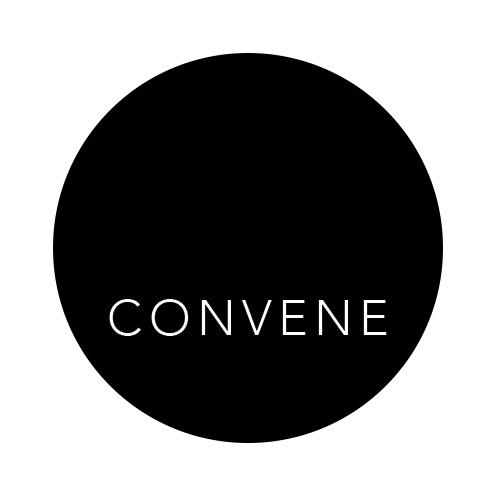The Interconnectedness of Deliberate Dialogue and Communities of Practice
How can deliberate dialogue influence positive impact in a community?
This deserves a couple of answers because deliberate dialogue has so much to do with how a community engages in and really moves towards what what they want to do or how they want to transform, how they want to be involved in their own progress: what kind of communities and groups they want to be, as every part of it can only be achieved through deliberate dialogue..
Deliberate dialogue is needed for everything from the point of understanding. We all have our own mental models about how things happen, but we rarely have a chance of making them explicit. So explaining to others and coming to a common ground on where we are or what we need or what we want to do is done by making it explicit which means, again, practising deliberate dialogue. Publishing in a journal is a great way to explain something, but that is a monologue! Whereas when you're engaging in deliberate dialogue, one of the first things that you do is consider:“who am I talking to?”. There's a lot that goes into recognizing who you're talking to and understanding where the other person is coming from.
What has been your experience so far with communities of practice? How do you view them as catalysts or levels for affecting change?
Communities of practice are a group of people getting together to discuss their practice - or the way they do things, not theory but practical application, and, again, Deliberate dialogue has all to do with the engagements in COPs. -
Communities of practice are more prevalent than we think: they have been assembling together for a long time in history, and it's constantly happening all around us. It's just your peers - we all know who they are, those other people who will understand exactly what we are saying - that you call and you say “I found this. I don't know how to use this or I don't know how to do this. Have you ever faced this same wicked problem? What have you done (what tools and strategies have you used) to address it?” It's not about how you solved it, but it's about practice: “What did you do? What does that tell us? Was it a good idea? Was it bad? Should we do it again? How should we try to do it next time around?”
Communities of practice are not about experts getting together and giving advice, but about an active community with young practitioners not being afraid to ask questions and having their questions addressed by senior members, and in the same way, maybe senior members can be aided by practitioners with knowledge of newer tools and their applications. The most functioning communities I have seen are the ones where people tend to ask the same questions over and over again and that's fine because it means that everybody is refining their practice. Another key element of maintaining a community of practice is by ensuring that there is curation and facilitation being done in an active and rotating manner amongst the members of the community.
What is the role of deliberate dialogue in a CoP and how effective is it?
A community of practice is a constant form of deliberate dialogue, and the dialogue that is happening in a community of practice is focused around a specific topic- making it extremely deliberate. Moreover, a communal practice can be the result of deliberate dialogue that leads to realising that you need a community of practice or vice versa.
So they support and reinforce each other strongly, additionally a community of practice gives the deliberate dialogue a lot of framing. And then deliberate dialogue is the only way that people are going to be able to exchange in these matters of practice.
To summarise, I would like to suggest that both communities of practice and deliberate dialogue are very human, and as such, ancient and recurrent manners of “solving wicked problems” and exchanging knowledges among groups of people in similar need to share. And as with any human endeavours, they can always benefit from thoughtful curation, and safe spaces that are useful for all.
-Interview to Sophie Alvarez by Convene.


